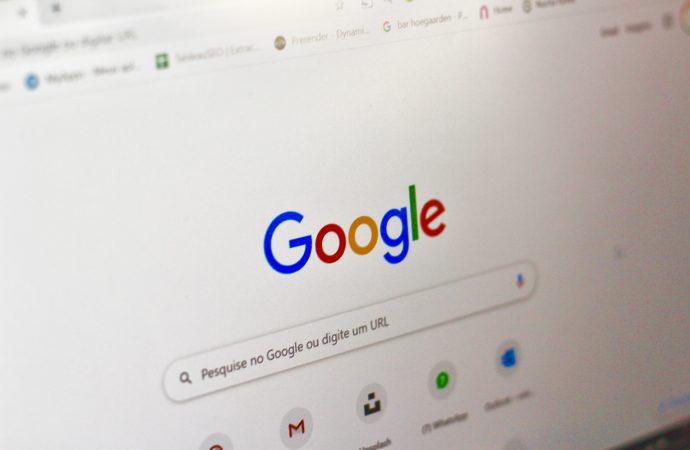In a bold move that promises to reshape online advertising and user privacy, Google has announced its plan to phase out third-party cookies for 1% of Chrome users in early 2024. The decision comes as a response to growing concerns over data privacy and the need for more transparent and user-centric practices in the digital
In a bold move that promises to reshape online advertising and user privacy, Google has announced its plan to phase out third-party cookies for 1% of Chrome users in early 2024. The decision comes as a response to growing concerns over data privacy and the need for more transparent and user-centric practices in the digital landscape. With Chrome being the most widely used web browser globally, this move by Google is expected to have far-reaching implications for the advertising industry and online user experience. In this article, we will delve into the details of Google’s cookie phase out plan, examine the motivations behind this shift, and explore the potential consequences for advertisers and users.
Cookies have long been the backbone of online tracking and targeted advertising. These small text files store user data, allowing websites to remember user preferences, track browsing behavior, and serve personalized ads. However, concerns over privacy and data security have increasingly put cookies under scrutiny. Users have become more aware of the implications of online tracking and are demanding greater control over their data. In response, browsers and regulators have taken steps to limit the impact of third-party cookies.
Google’s announcement marks a significant milestone in the cookie debate. As the dominant player in the web browser market, the company’s decision to phase out third-party cookies sends a clear signal that privacy is a top priority. Under the proposed plan, 1% of Chrome users will no longer have third-party cookies enabled by default, effectively limiting the ability of advertisers to track their online activities. Google has emphasized its commitment to developing privacy-preserving alternatives that offer a balance between user privacy and the needs of advertisers.
The motivations behind Google’s move are multifaceted. On one hand, it reflects a growing public demand for greater privacy and control over personal data. Users are increasingly concerned about the digital footprint they leave behind and are demanding more transparent and user-centric practices. By taking a proactive stance on privacy, Google aims to build trust and loyalty among its user base. This move aligns with the broader industry trend of prioritizing user privacy and consent.
Another driving factor behind Google’s decision is the evolving regulatory landscape. Governments around the world are enacting stricter data protection laws and regulations, with a particular focus on online tracking and targeted advertising. By proactively addressing these concerns, Google positions itself as a responsible player in the digital ecosystem and mitigates potential regulatory scrutiny. This approach not only safeguards its reputation but also helps to maintain a competitive edge in the evolving privacy landscape.
The phase-out plan for third-party cookies presents both challenges and opportunities for advertisers. On one hand, it limits their ability to track and target users with precision. Advertisers will need to rely on alternative methods, such as contextual advertising and first-party data, to deliver relevant and personalized experiences to users. This shift requires a rethinking of advertising strategies and a greater emphasis on building direct relationships with users.
On the other hand, the move towards privacy-centric practices presents an opportunity for advertisers to foster trust and engagement with users. By prioritizing user privacy and delivering meaningful content, advertisers can differentiate themselves in a cluttered digital space. Building strong brand narratives and providing value to users will become essential in this new landscape.
For users, Google’s phase out plan signifies a step towards greater control over their online experiences. While some may have concerns about the impact on targeted advertising, the shift towards privacy-centric practices ultimately aims to empower users and protect their personal data. Users will have more visibility into how their data is used and greater control over the ads they see.

















Leave a Comment
Your email address will not be published. Required fields are marked with *